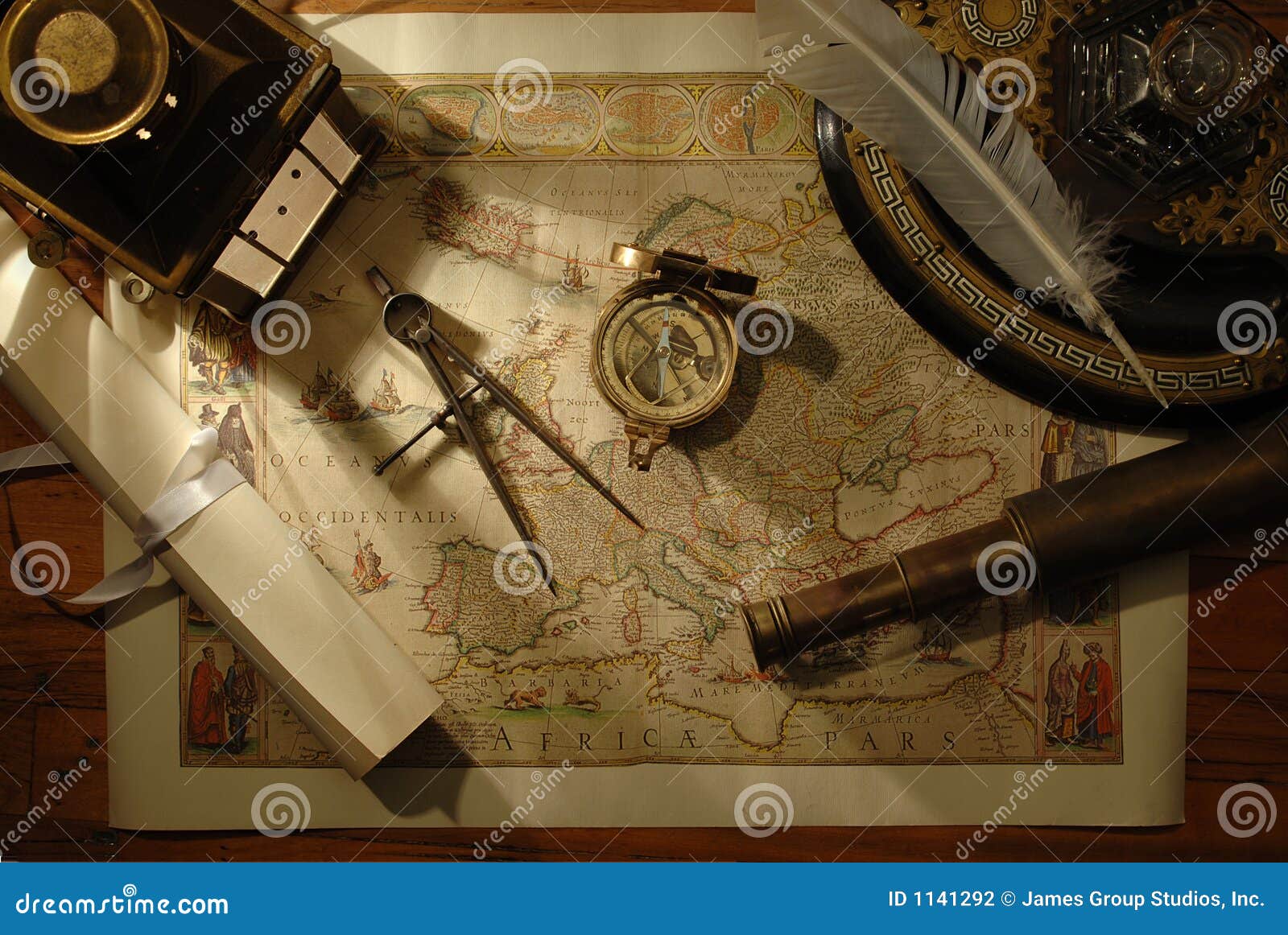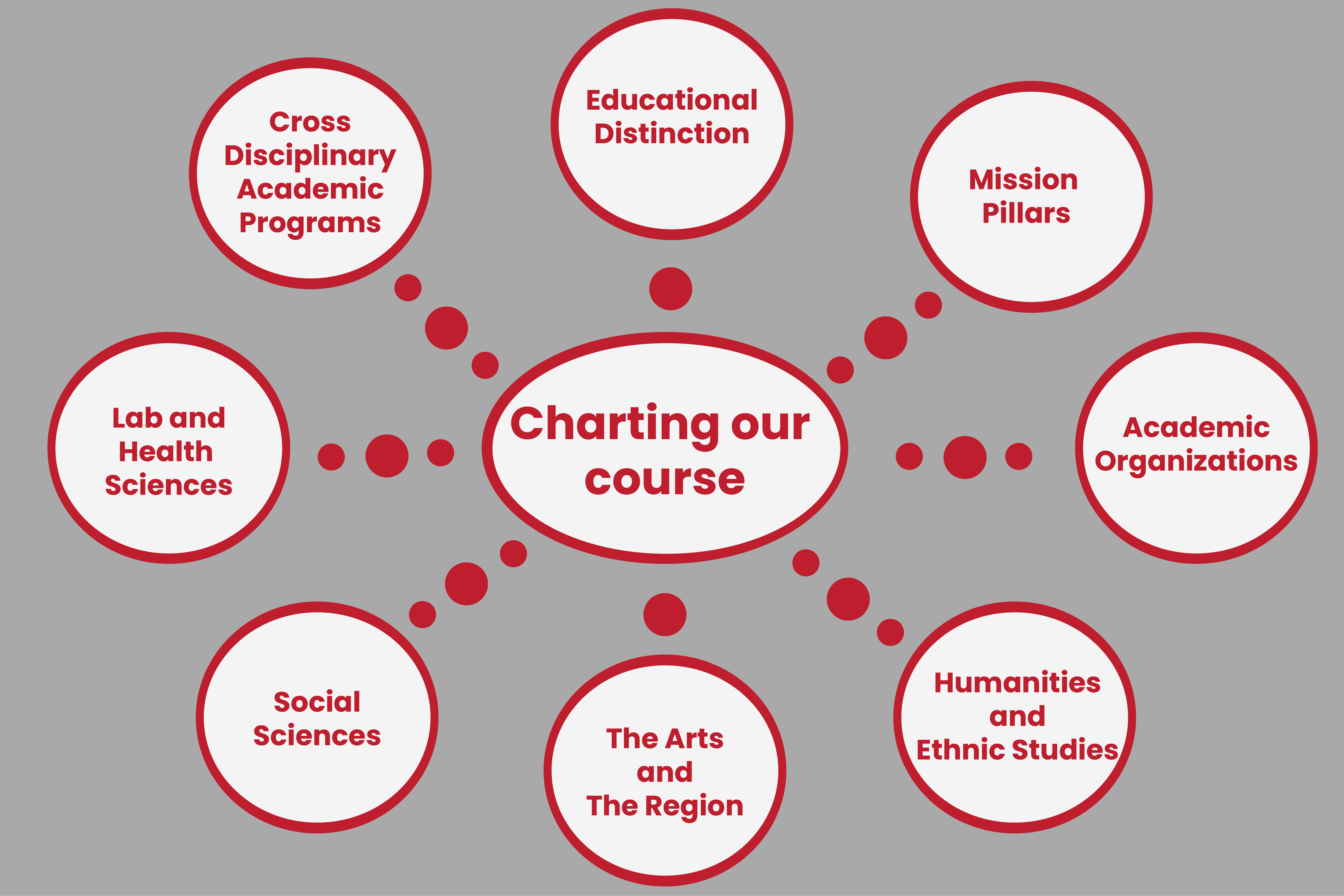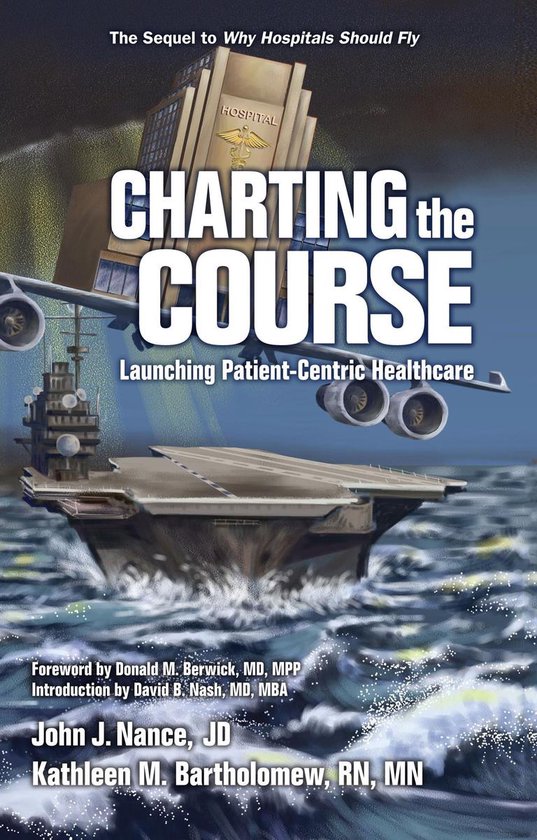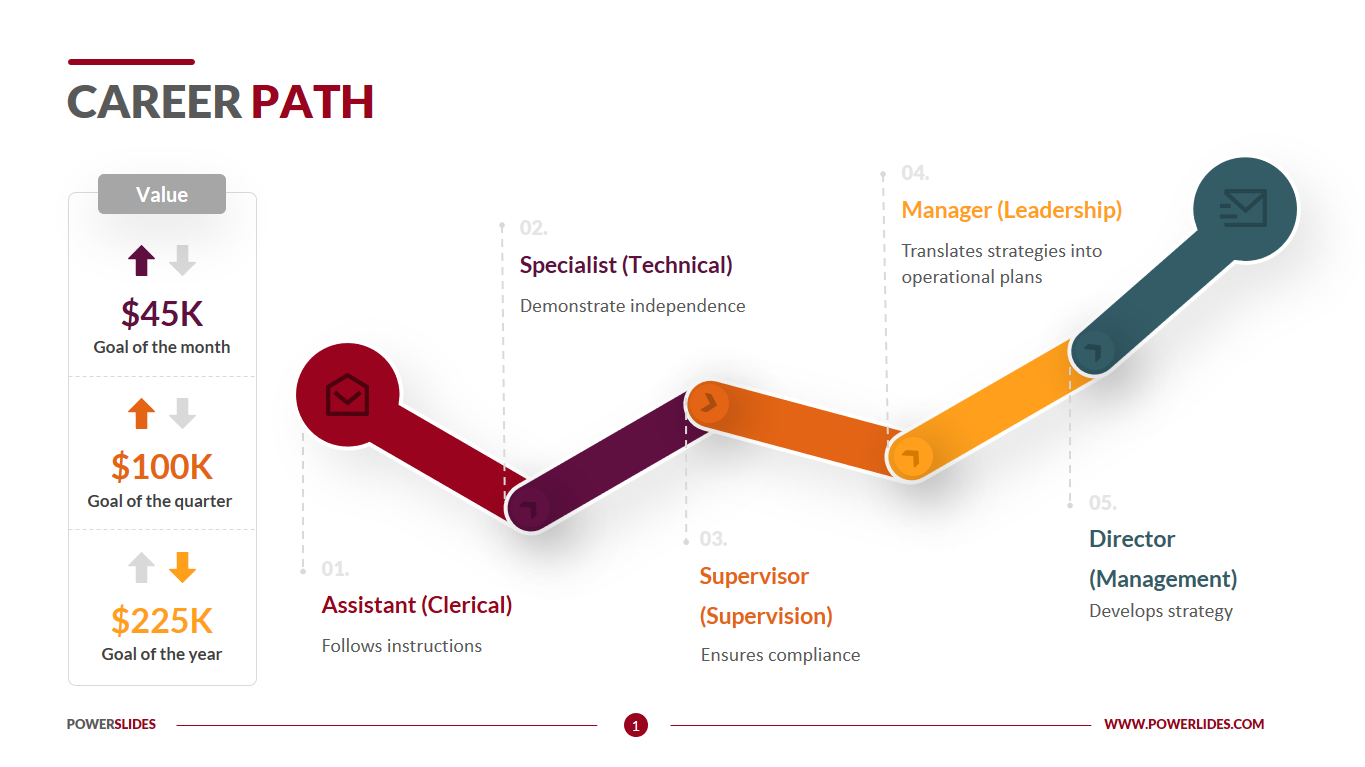Charting the Course: A Comprehensive Look at the Career of a Map Maker
Related Articles: Charting the Course: A Comprehensive Look at the Career of a Map Maker
Introduction
With enthusiasm, let’s navigate through the intriguing topic related to Charting the Course: A Comprehensive Look at the Career of a Map Maker. Let’s weave interesting information and offer fresh perspectives to the readers.
Table of Content
Charting the Course: A Comprehensive Look at the Career of a Map Maker

The art of mapmaking, a practice as old as civilization itself, has evolved dramatically over the centuries. From the hand-drawn scrolls of ancient cartographers to the intricate digital globes of today, maps have always served as vital tools for navigating the world, understanding our place within it, and fostering exploration and discovery. While the methods of map creation have undergone a radical transformation, the fundamental purpose remains the same: to communicate spatial information effectively and meaningfully.
The Evolution of the Map Maker:
The modern map maker, often referred to as a cartographer, operates within a dynamic and multifaceted field. Technological advancements have revolutionized the tools and techniques employed, ushering in a new era of data-driven cartography. Gone are the days of solely relying on manual surveying and hand-drawn maps. Today, map makers utilize powerful Geographic Information Systems (GIS), remote sensing, and satellite imagery to create detailed and interactive maps that offer a wealth of information beyond simple geographical boundaries.
Beyond the Traditional Map:
While traditional paper maps still hold a place in the field, the scope of the cartographer’s work has expanded significantly. Modern map makers are involved in a wide range of applications, including:
- Environmental Mapping: Creating maps that illustrate environmental data like deforestation, pollution levels, and climate change impacts, aiding in conservation efforts and policy decisions.
- Urban Planning: Developing maps that visualize urban growth, infrastructure development, and transportation networks, contributing to sustainable city planning and development.
- Navigation and Transportation: Producing maps for navigation systems, optimizing routes, and enhancing traffic management.
- Health and Disease Mapping: Creating maps to track disease outbreaks, identify risk areas, and allocate resources effectively.
- Business and Marketing: Utilizing maps for market analysis, customer segmentation, and location-based marketing campaigns.
- Historical Mapping: Reconstructing historical events, analyzing past settlements, and preserving cultural heritage.
- Military Mapping: Producing maps for military operations, strategic planning, and reconnaissance.
The Skills of a Modern Map Maker:
The modern map maker possesses a diverse skillset that encompasses technical proficiency, analytical thinking, and creative communication. Key skills include:
- GIS Expertise: Proficiency in using GIS software to analyze, visualize, and manage spatial data.
- Data Analysis: Ability to interpret and analyze data from various sources, including satellite imagery, aerial photographs, and field surveys.
- Cartographic Design: Understanding map design principles, including scale, projection, symbolization, and layout, to create clear and effective visual representations.
- Communication Skills: Effectively conveying complex spatial information through maps, reports, and presentations.
- Problem-Solving: Identifying and addressing challenges related to data accuracy, map design, and user needs.
- Collaboration: Working effectively with other professionals, including geographers, environmental scientists, urban planners, and data analysts.
Education and Training:
A career in cartography typically requires a strong educational foundation in geography, spatial analysis, or related fields. While some entry-level positions may be available with a bachelor’s degree, advanced degrees like a Master’s in Geography or GIS are increasingly preferred for specialized roles and research positions.
Career Paths and Opportunities:
The field of cartography offers a variety of career paths, with opportunities in both public and private sectors:
- Government Agencies: Working for agencies like the U.S. Geological Survey (USGS), National Oceanic and Atmospheric Administration (NOAA), and Department of Defense, creating maps for environmental monitoring, resource management, and national security.
- Private Companies: Contributing to mapmaking for companies involved in navigation, transportation, real estate, environmental consulting, and technology.
- Research Institutions: Conducting research and developing new mapping techniques and applications at universities, research centers, and think tanks.
- Freelance and Consulting: Offering independent cartographic services to clients in various sectors.
The Importance and Benefits of a Map Maker Career:
The role of a map maker is vital in a world increasingly reliant on spatial information. The maps they create serve as powerful tools for:
- Informed Decision-Making: Providing data-driven insights for policy decisions, resource allocation, and urban planning.
- Environmental Stewardship: Supporting efforts to monitor and address environmental challenges like climate change, pollution, and biodiversity loss.
- Sustainable Development: Facilitating the creation of sustainable cities and communities through urban planning and infrastructure development.
- Enhanced Navigation and Transportation: Improving navigation systems, optimizing transportation routes, and promoting safer and more efficient travel.
- Public Health and Safety: Contributing to disease surveillance, emergency response, and public health initiatives.
- Historical Preservation and Cultural Understanding: Documenting and preserving historical landscapes, cultural heritage sites, and archaeological discoveries.
FAQs about Map Maker Careers:
Q: What are the common job titles for map makers?
A: Common job titles include Cartographer, GIS Analyst, Geospatial Analyst, Map Designer, Spatial Data Analyst, and Remote Sensing Specialist.
Q: What are the salary expectations for map makers?
A: Salaries vary depending on experience, education, location, and industry. Entry-level positions typically offer salaries in the range of $40,000 to $60,000 per year. Experienced professionals with advanced degrees and specialized skills can earn significantly higher salaries, reaching upwards of $80,000 to $120,000 or more.
Q: What are the key skills needed for a successful map maker career?
A: Key skills include GIS expertise, data analysis, cartographic design, communication skills, problem-solving, and collaboration.
Q: What are the educational requirements for a map maker career?
A: A bachelor’s degree in geography, GIS, spatial analysis, or a related field is typically required for entry-level positions. Advanced degrees like a Master’s in Geography or GIS are often preferred for specialized roles and research positions.
Q: What are the career opportunities in the field of mapmaking?
A: Career opportunities exist in government agencies, private companies, research institutions, and freelance/consulting roles.
Q: What are the challenges faced by map makers?
A: Challenges include keeping up with rapid technological advancements, ensuring data accuracy, addressing ethical considerations, and communicating complex information effectively.
Tips for Aspiring Map Makers:
- Gain Strong GIS Skills: Develop proficiency in GIS software and data analysis techniques.
- Develop Cartographic Design Skills: Learn the principles of map design and practice creating visually appealing and informative maps.
- Build a Portfolio: Showcase your mapmaking skills by creating maps for personal projects or volunteer work.
- Network with Professionals: Attend industry events, join professional organizations, and connect with experienced map makers.
- Stay Updated on Technological Advancements: Continuously learn about new tools, techniques, and applications in the field of cartography.
Conclusion:
The field of cartography is a dynamic and rewarding career path for those with a passion for spatial information, data analysis, and visual communication. Map makers play a critical role in shaping our understanding of the world, informing decision-making, and driving sustainable development. As technology continues to evolve, the demand for skilled cartographers will only grow, offering exciting opportunities for individuals who are eager to chart the course of the future.








Closure
Thus, we hope this article has provided valuable insights into Charting the Course: A Comprehensive Look at the Career of a Map Maker. We thank you for taking the time to read this article. See you in our next article!